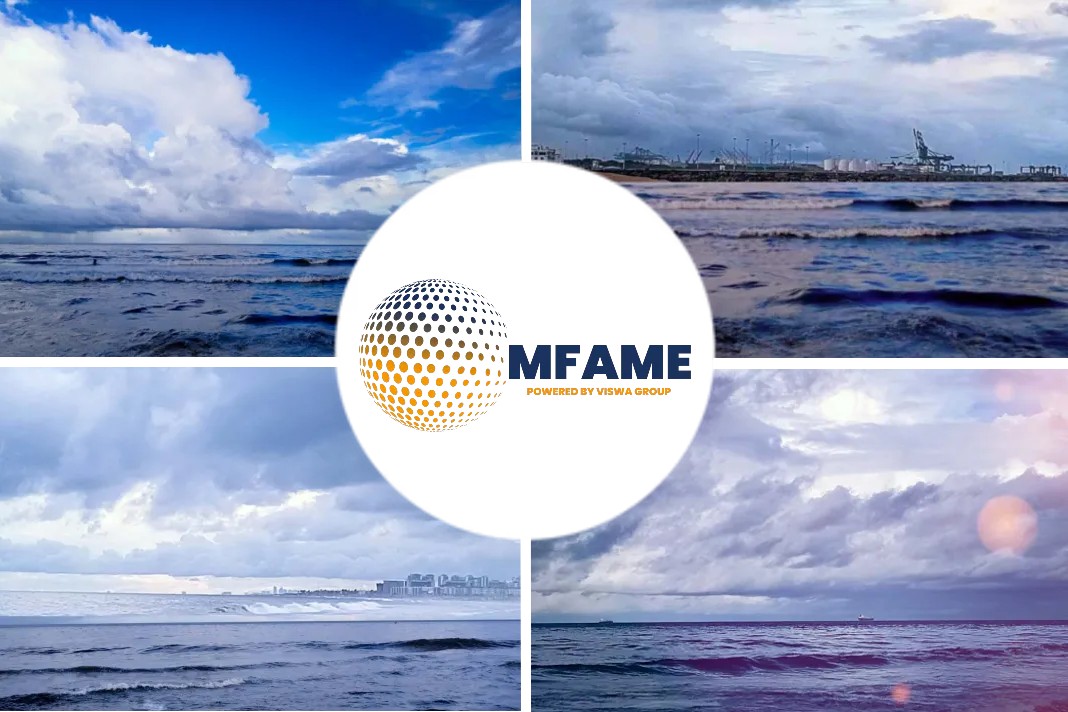
Pan Ocean’s 1Q23 results met consensus. Short-term earnings momentum is disappointing due to weak commodity demand from China and fewer long-term charters, but mid/long-term bulk carrier freight rates should rise amid supply constraints such as policy and environmental regulations
Short Term Demand Concerns
Short-term demand concerns exist, but mid/long-term supply constraints should boost rates. Shrinking supply is key to mid/long-term market strength. Limited newbuilding orders, falling order backlogs, and environmental regulations (CII, carbon intensity, starting in 2024) are expected to amplify supply reduction effects from 2024. The second-hand ship price index is up 13% since the start of the year to 180.3p, indicating rising values for existing vessels. Short-term demand uncertainty remains, but freight rate levels should gradually increase as supply factors accumulate in the mid/long term.
Earnings Meet Consensus
Pan Ocean posted 1Q23 sales of W996.4bn (-30.8% y-y) and OP of W112.6bn (-33.4% y-y; OPM of 11.3%), meeting consensus. The bulk shipping division booked sales of W687.9bn (-31% y-y) and OP of W65.2bn (-47% y-y; OPM of 9.5%). Despite weak market conditions, the firm defended its profitability through ship charters. Bulk carrier operating fleet increased by 11 vessels q-q to 244, but long-term charter fleet decreased to 30. Meanwhile, the tanker division saw sales of W82.5bn (+61% y-y) and OP of W30bn (+329% y-y; OPM of 36.4%).
Did you subscribe to our daily Newsletter?
It’s Free! Click here to Subscribe!
Source: Businesskorea
















